News
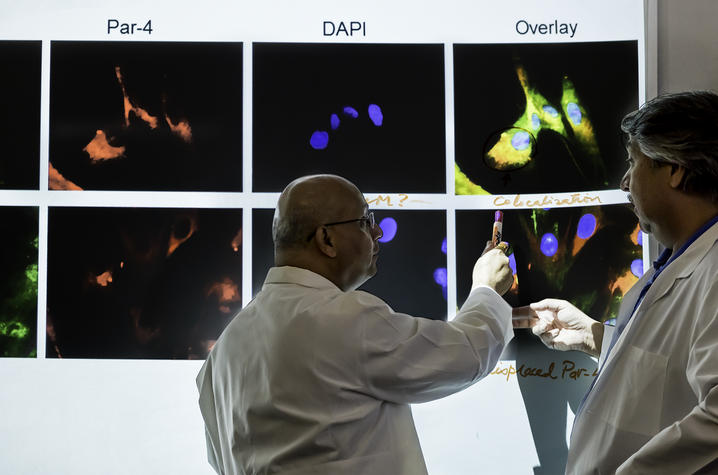
Successful research practices find solutions that translate from the bench to the bedside, and while that’s important, Vivek Rangnekar, PhD, underscores that it’s even more effective as a bidirectional and cyclical rather than a linear process.
“Generally, we talk about bench-to-bedside translation of ideas or research projects,” Dr. Rangnekar said. “On the other hand, with cancer, clinical observations – for example, how the patient is responding to treatment – is very important, and those insights are gained primarily in the clinic.”

On behalf of the Office of Faculty Affairs and Development, the University of Kentucky College of Medicine is pleased to announce that Sally Mathias, MD, and Sylvia Ofei, MD, MPH, have been selected as fellows for the 2021 Bluegrass Higher Education Consortium Academic Leadership Academy (BHEC-ALA).
Dr. Mathias and Dr. Ofei will join a total of 63 faculty members at the University of Kentucky who have previously participated in this regional academic leadership program.
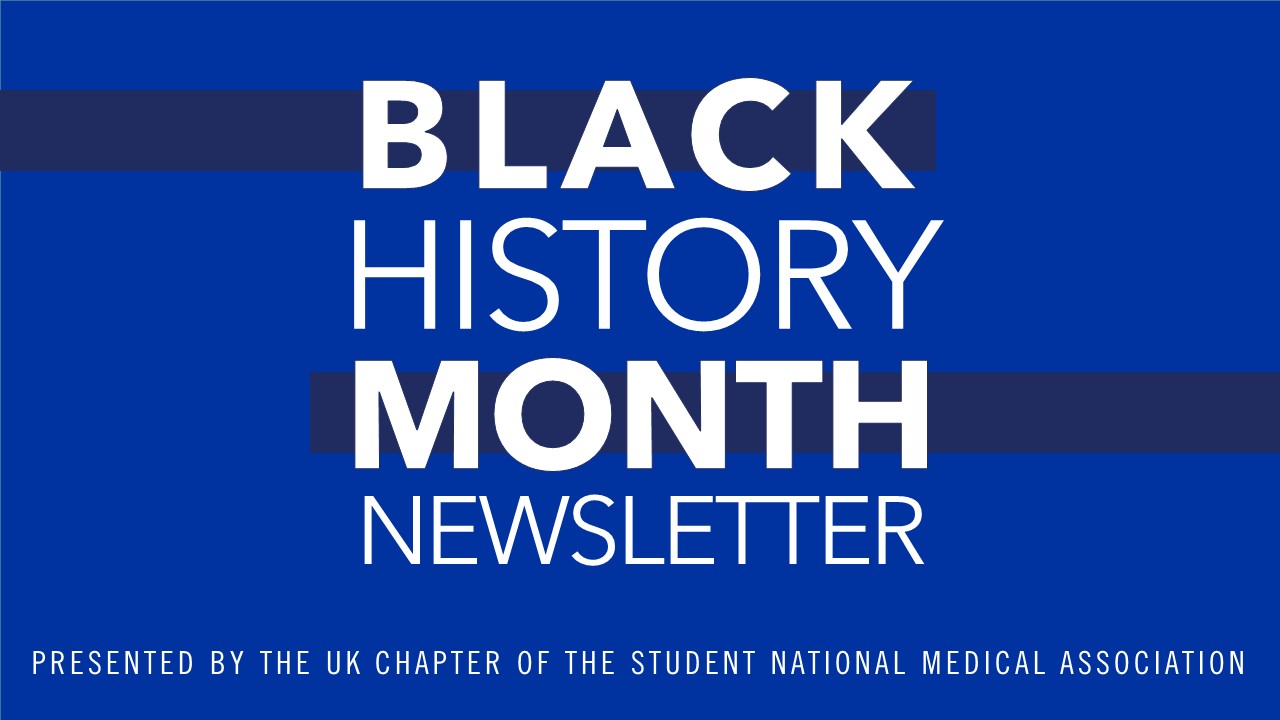
The UK College of Medicine chapter of the Student National Medical Association (SNMA) is commemorating Black History Month by curating educational information about the Black community's impact in medicine.
This week, SNMA conducted a Q&A with Black physician-leaders who either currently work or have worked at the UK College of Medicine to learn their perspectives on medicine and how we can continue to improve.
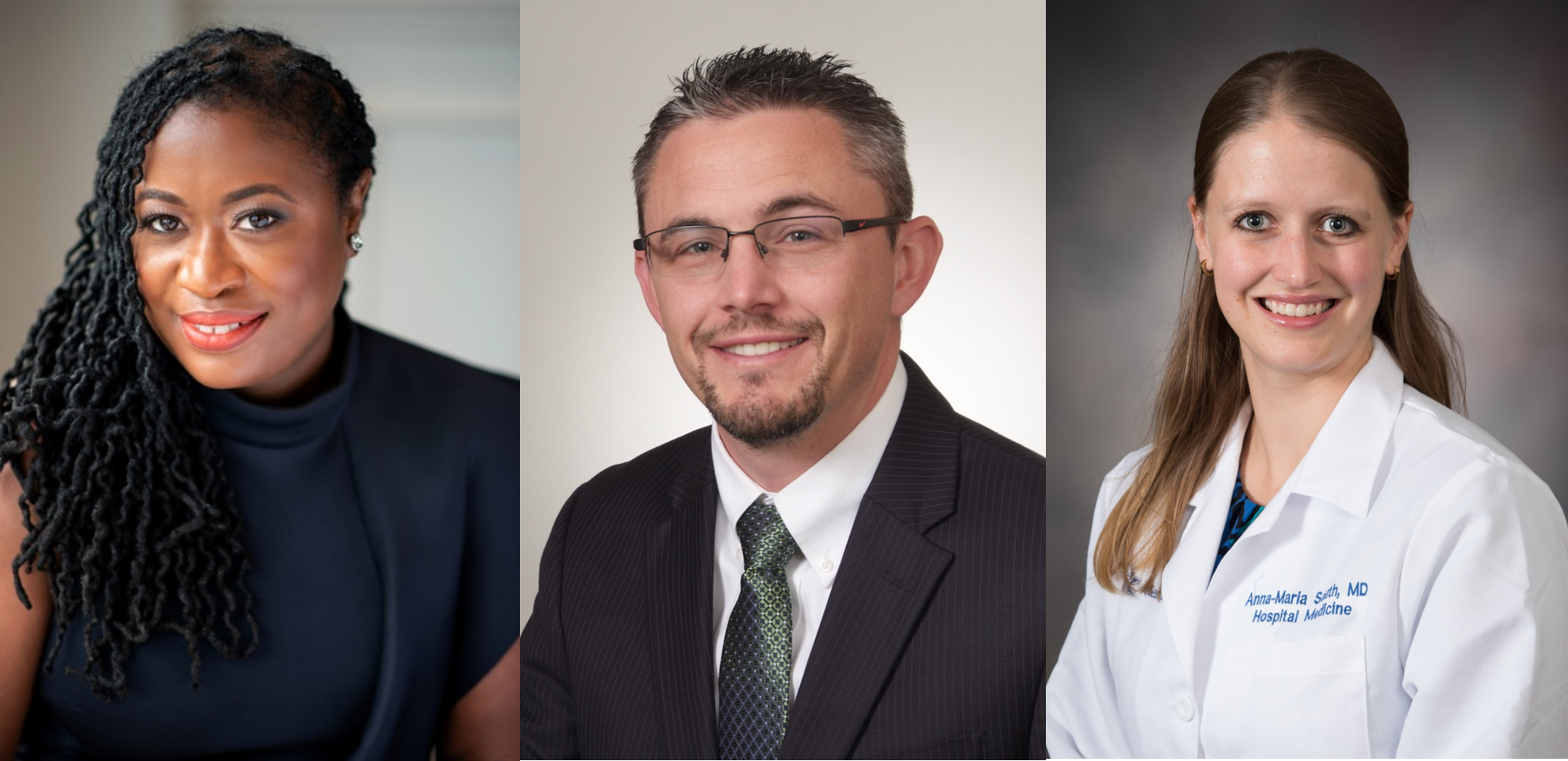
The University of Kentucky College of Medicine is committed to enhancing its medical school curriculum and ensuring students are introduced to a variety of important topics as they pursue their medical education. It is with these goals in mind that the UK College of Medicine is excited to announce a new curricular initiative.
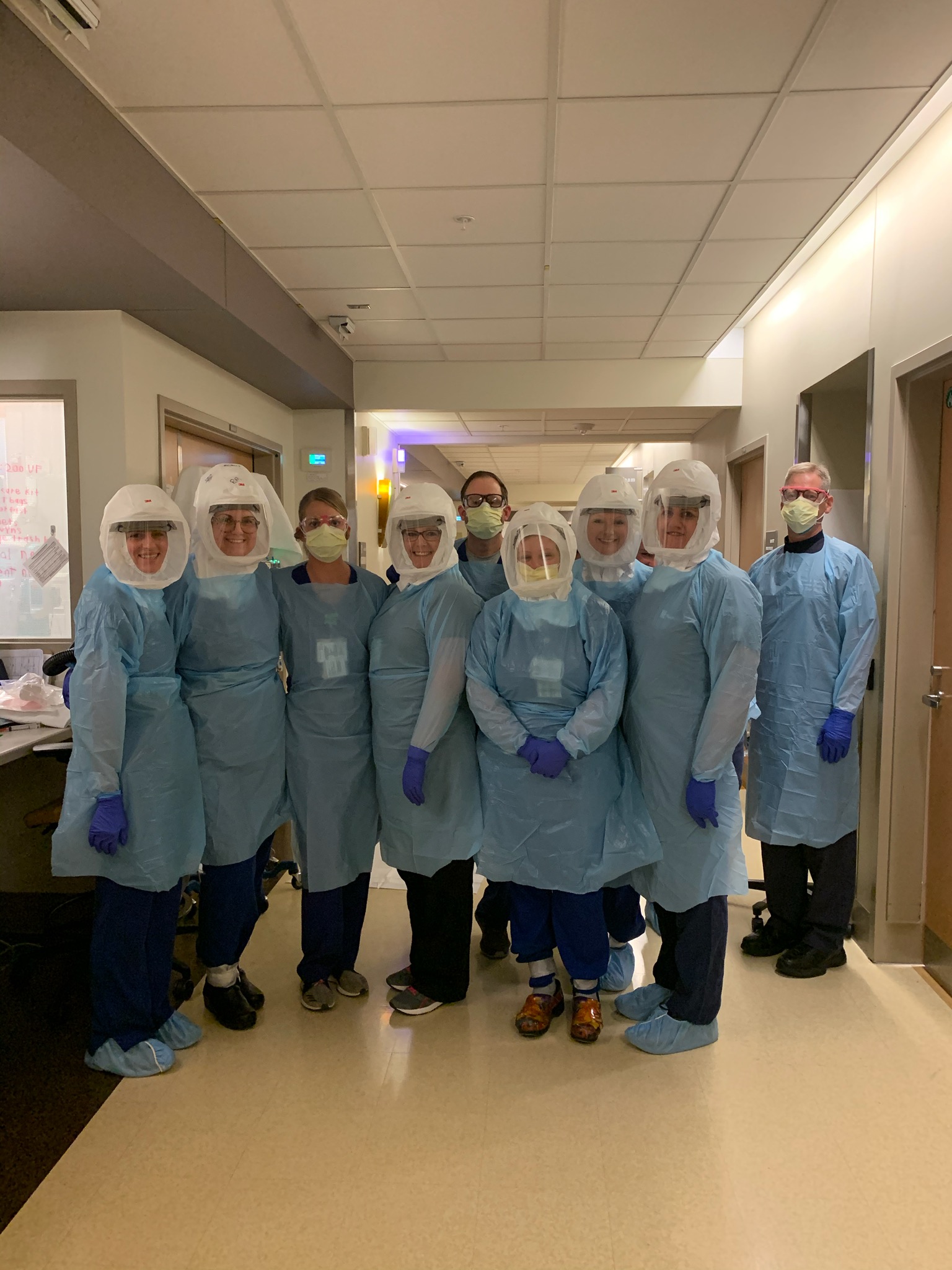
Peter Morris, MD, professor of medicine at the University of Kentucky College of Medicine and a pulmonary/critical care faculty member at UK HealthCare, pulls up a map showing the U.S. prevalence of chronic obstructive pulmonary disease (COPD), a severe inflammatory lung disease that leads to obstructed airflow and difficulty breathing.
“This is who we serve right here,” he says, pointing to Kentucky on the map. The state’s southeastern region is bright red to signify its high incidence of people with COPD.
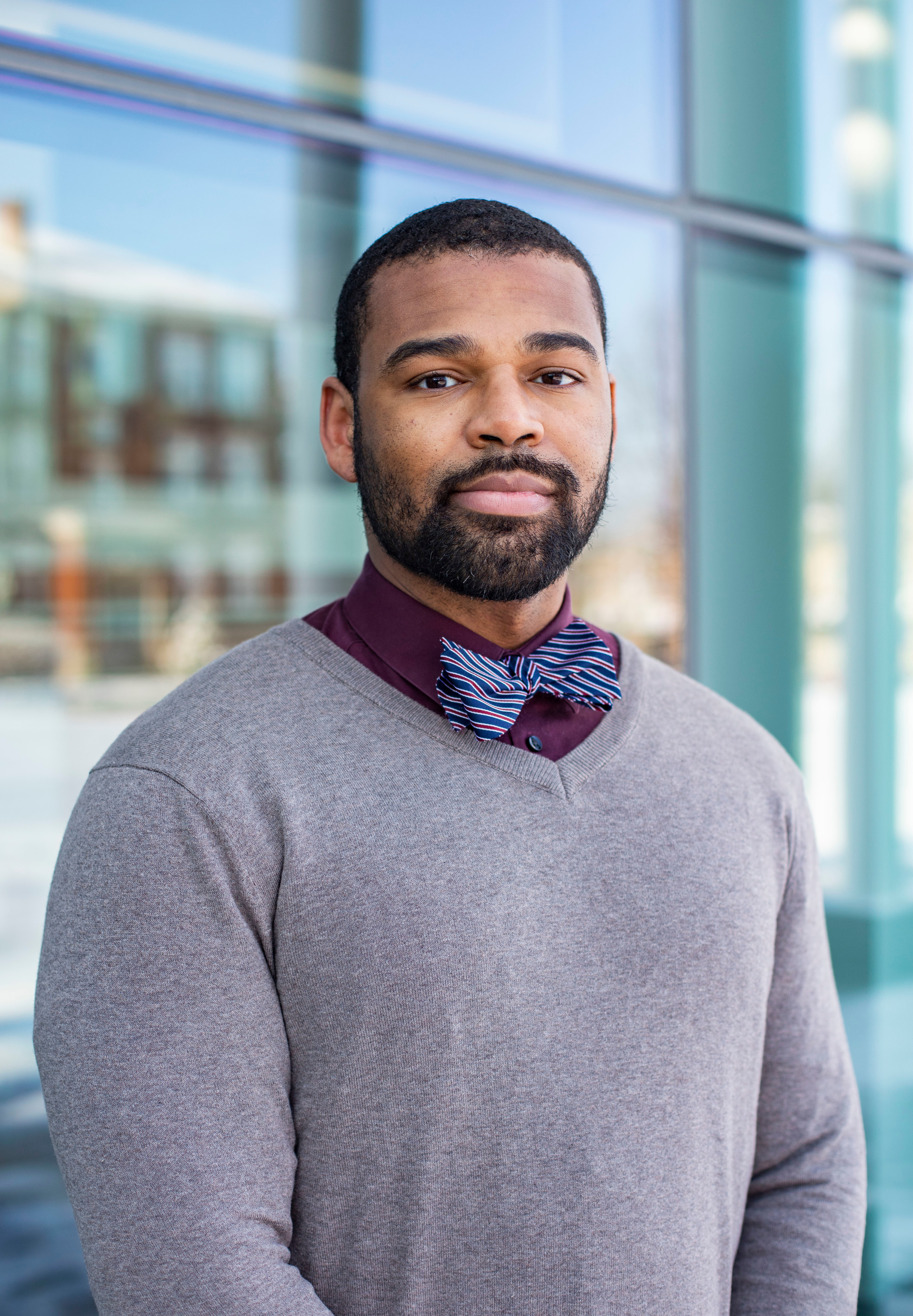
The University of Kentucky College of Medicine is thrilled to announce the addition of Brian Hamilton, MEd, as its new director of diversity, equity, and inclusion.
In this newly established role, Hamilton works under the direction of Stephanie White, MD, MS, to advance the mission of the Office of Diversity, Equity, and Inclusion and help execute the college’s strategic plan. This includes implementing new initiatives and increasing engagement to build a more welcoming, inclusive campus while focusing on efforts for recruiting and retaining diverse faculty, staff, and learners.
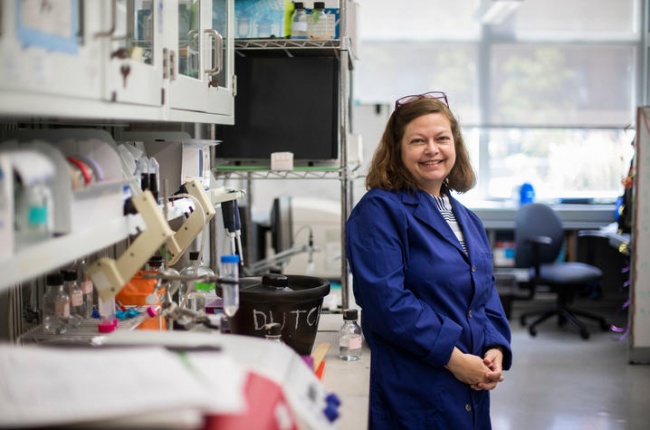
In early 2020, shortly after SARS-CoV-2, the virus which causes COVID-19, was first detected in Wuhan, China, the public learned of the virus’s devastating consequences and the dangers of its spread. But much remained unknown regarding how to combat it.
Ten months ago, a team of UK researchers joined forces to learn more about the virus that was causing a global pandemic. Since the team’s creation, it has made record progress in enhanced research, the launch of clinical trials, and the development of clinical care approaches for patients.
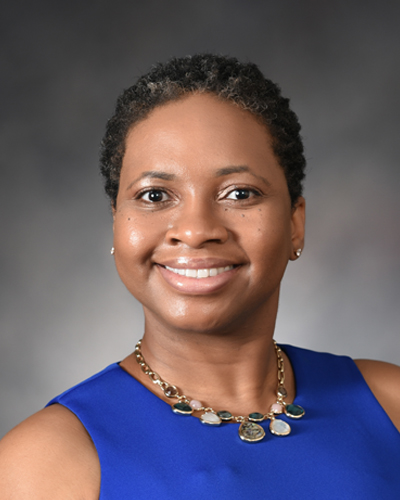
Ima Ebong, MD, MS, assistant professor in the University of Kentucky College of Medicine Department of Neurology, was recently named one of “1,000 Inspiring Black Scientists in America” in a list published by Cell Mentor, an online resource for researchers.
The list, compiled by The Community of Scholars, recognizes the significant contributions Black scientists have made in research.
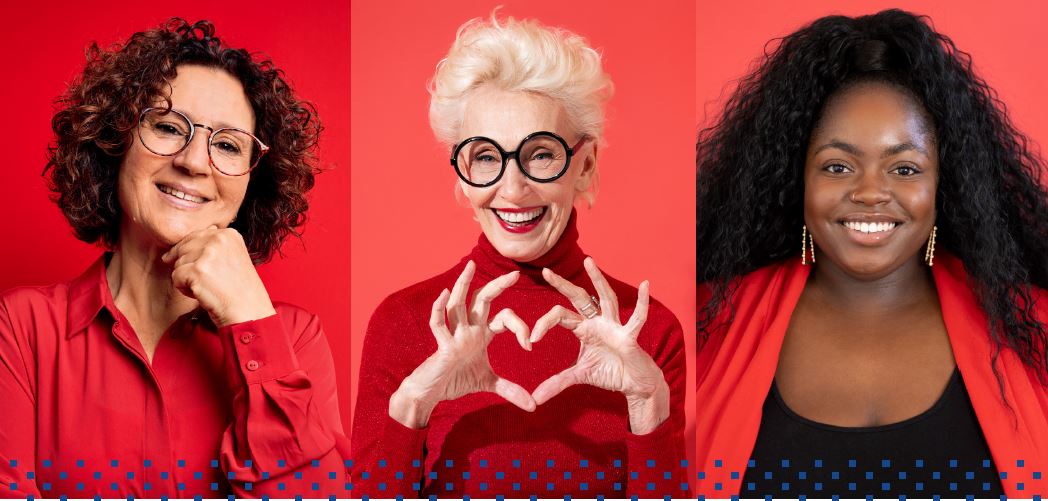
The seventh annual Healthy Hearts for Women virtual symposium will take place Friday, Feb. 5, 2021. A virtual round table hosted by Women in Medicine and Science (WIMS) will follow the symposium.
8:30 a.m.-Noon
Healthy Hearts for Women Symposium

As part of its commitment toward creating a more inclusive work and learning environment, the University of Kentucky College of Medicine has established additional leadership roles in the Office of Diversity, Equity, and Inclusion. The college is pleased to announce the appointment of Kevin Pearson, PhD, to oversee progress in research as the inaugural director of inclusive research initiatives.
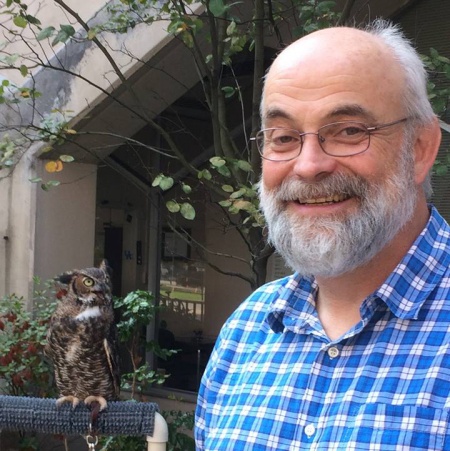
Lyme disease is the most common vector-borne bacterial disease in the U.S., with 200,000 new cases each year. While incidence in Kentucky typically has been relatively low, the incidence of the tick vector, lxodes scapularis, has increased over the past five years, even spreading to areas it did not previously live.

Following the excellent and long-tenure of leadership by Phillip A. Tibbs, MD, the UK College of Medicine has announced Craig G. van Horne, MD, PhD, as the new chair for the department of neurosurgery effective Dec. 1.
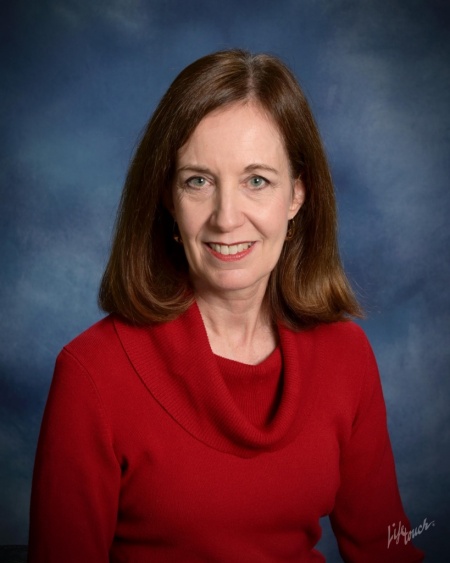
Marilyn Duncan, PhD, a driven researcher and well-regarded professor in the department of neuroscience, has been elected to serve on the University Senate Council, the executive body of the University Senate.
Dr. Duncan is serving a third term on the University Senate. During her tenure she has been part of the Advisory Committee for Prior Service, the Academic Programs Committee, the Academic Area Committee for Promotion and Tenure in the Biological Sciences, and the Library Committee.
Her term on the Senate Council will run from Jan. 1, 2021 to Dec. 31, 2023.
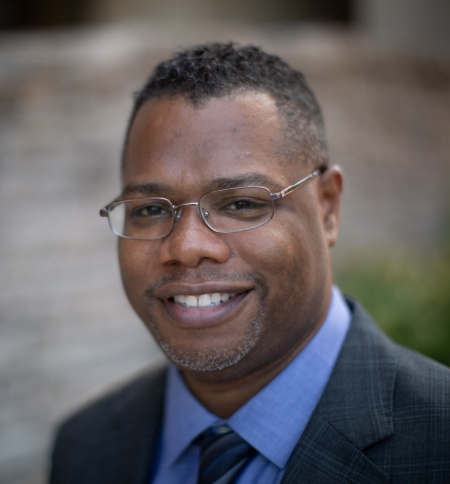
Daniel Lee, PhD, is an associate professor at the University of Kentucky College of Medicine Department of Neuroscience and a researcher at the UK Sanders-Brown Center on Aging, an internationally recognized Alzheimer’s Disease Research Center. He joined the UK College of Medicine in August 2019. He is also a member of the Faculty of Color Network and currently serves as co-director for the Research Education Component (REC) of the UK-ADRC.

Veterans Day is a time to recognize individuals who have made the honorable decision to protect our country's freedom through military service. Below, we are honoring four of our of our very own faculty members and learners who have served our country, are serving our country, or are committed to serving our country in the most selfless of ways - through the military and in health care.
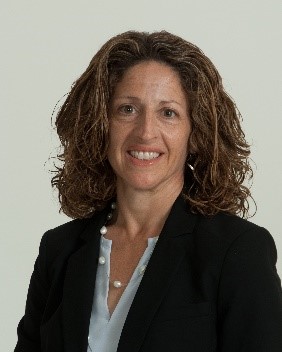
Nancy Schoenberg, PhD, professor of behavioral science and director of the Center for Health Equity Transformation, has been invited to present her research at the Behavioral and Social Science Research Festival.
The festival, which will be held virtually, will take place 1-4 p.m. EST on Dec. 1-2, 2020, in celebration of the 25th anniversary of The Office of Behavioral and Social Science Research (OBSSR) at the National Institutes of Health (NIH).
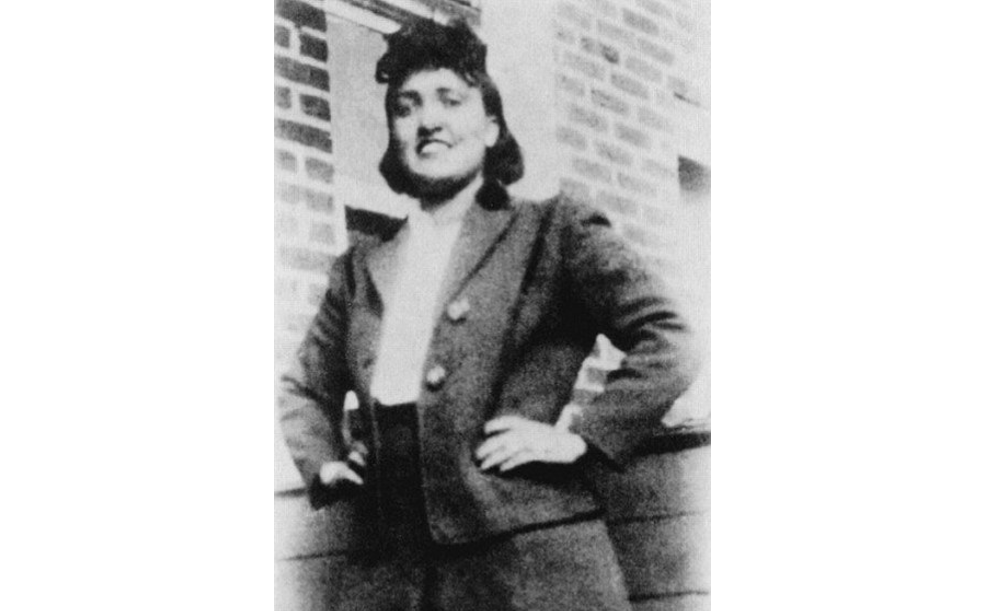
Henrietta Lacks’s “HeLa” cells continue to influence scientific discovery even after her death from cancer in 1951. These cells have been used to study cancer growth, learn more about viruses, and study drug effects on the body. They even helped develop the polio vaccine.
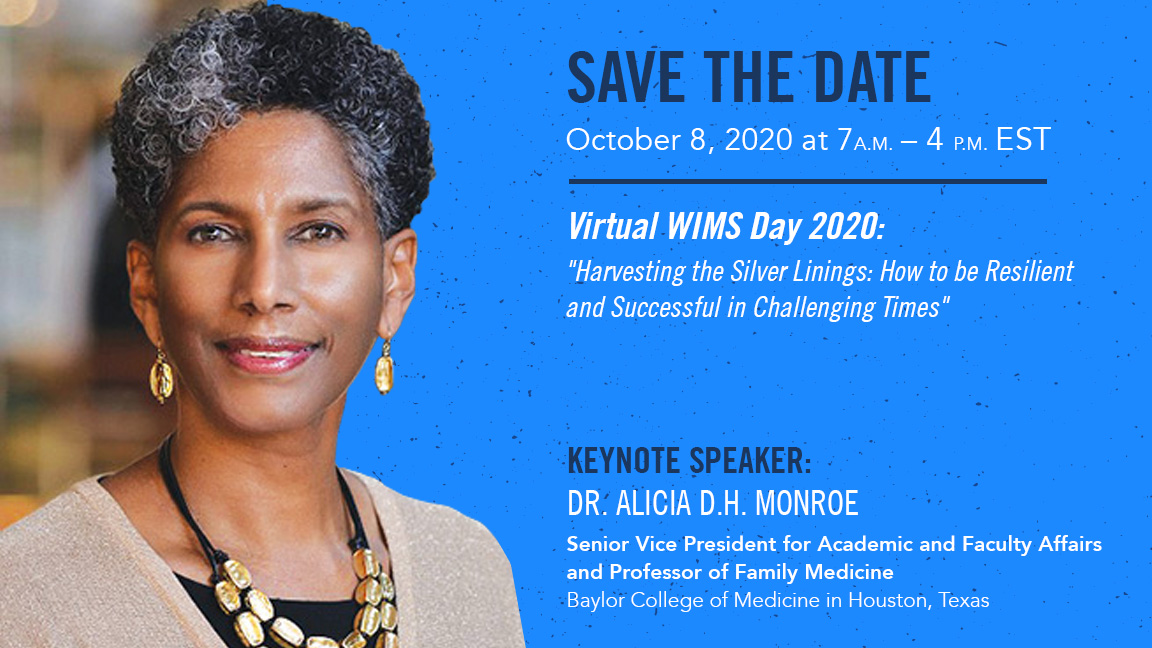
The UK College of Medicine’s Women in Medicine and Science (WIMS) will host its sixth annual Visiting Professor Program, also known as “WIMS Day,” this fall as a virtual program. The event will serve as an opportunity for faculty, staff, and learners to network, develop their career skills, and learn about the strides women have made in medicine and science.
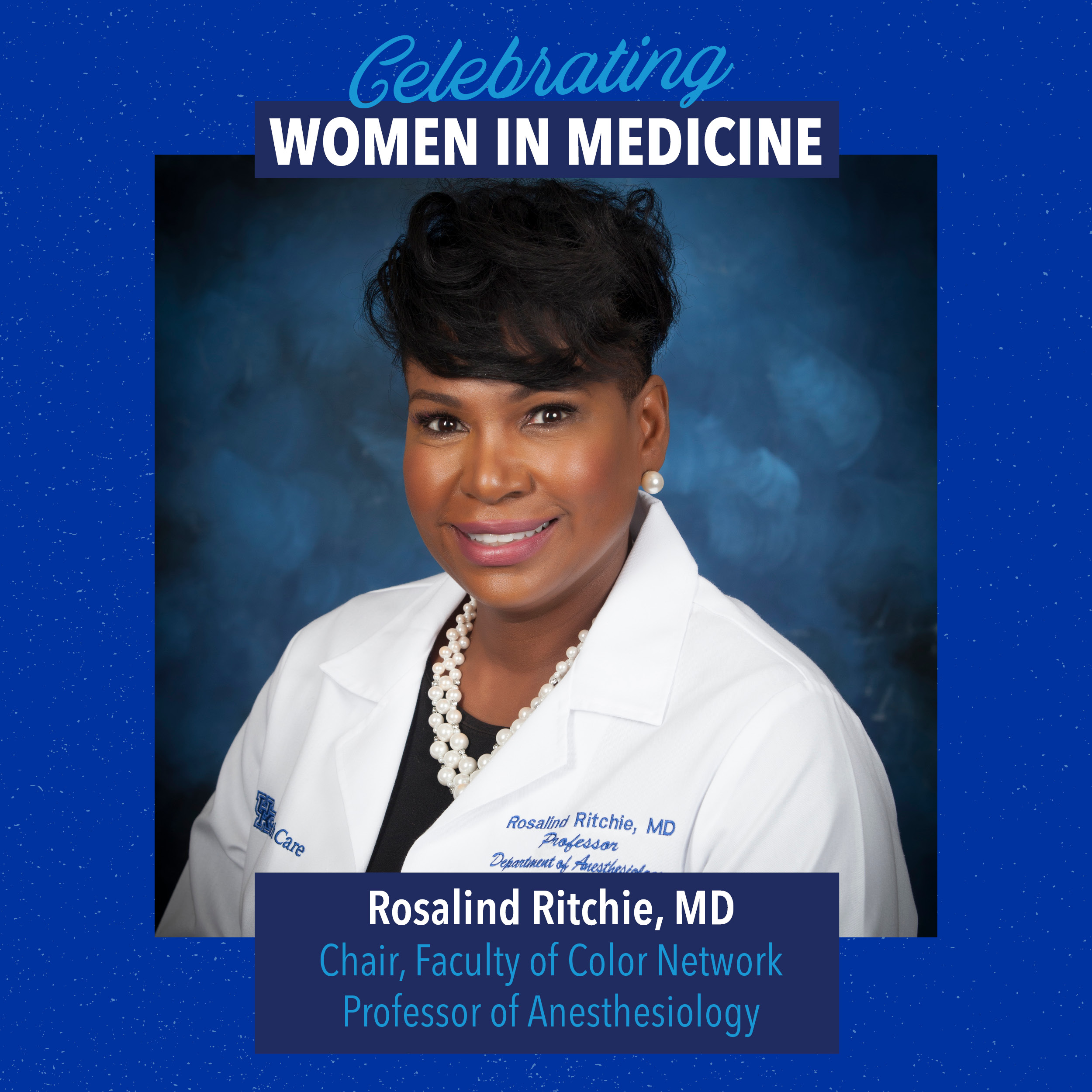
Rosalind Ritchie, MD, is a professor in the University of Kentucky College of Medicine Department of Anesthesiology and was recently named chair of the college’s Faculty of Color Network, an organization with a vision of being undeniable, uncompromising, and unstoppable in pursuing diversity and inclusion. She enrolled in the first class of UK’s Women’s Executive Leadership Development Program and is the medical director of UK Chandler Hospital’s Center for Advanced Surgery.
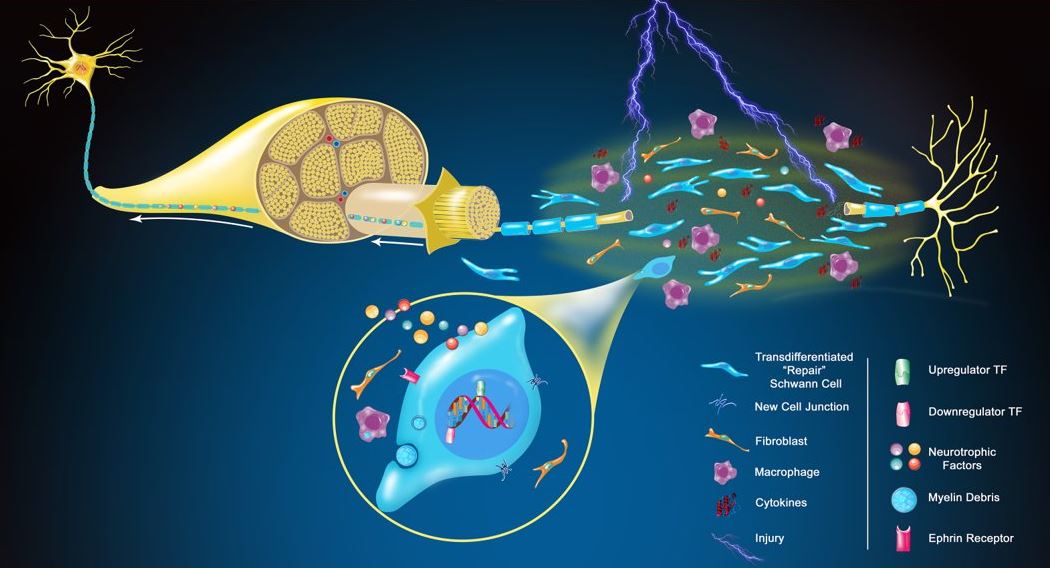
When flipping through almost any medical textbook or research publication, one will find that paragraphs of text are typically broken up with elaborate graphics illustrating the complex scientific processes and information.
These graphics are the work of medical illustrators, professional artists with advanced training in both science and visual communication. The University of Kentucky College of Medicine has two, Thomas Dolan and Matthew Hazzard, who are instrumental in their ability to enhance medical instruction, patient education, and research within the college.